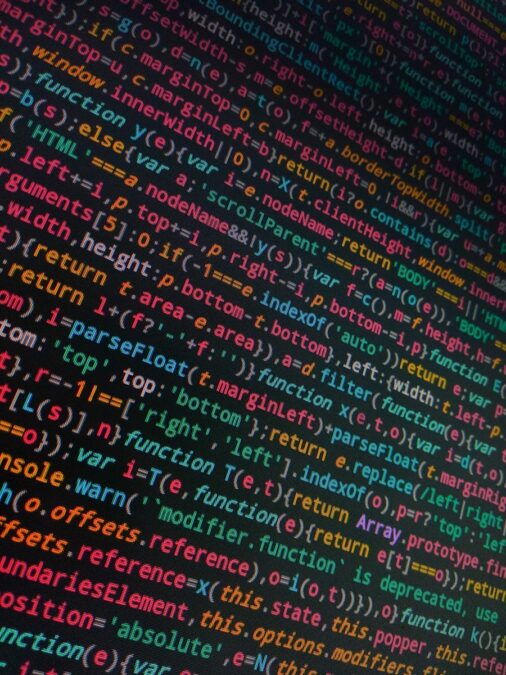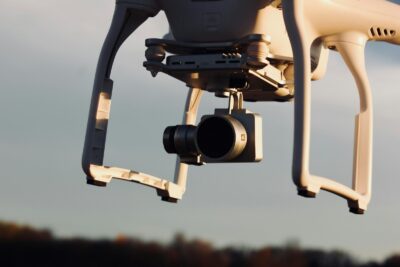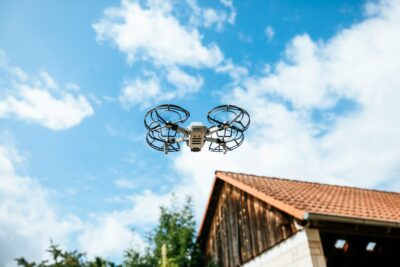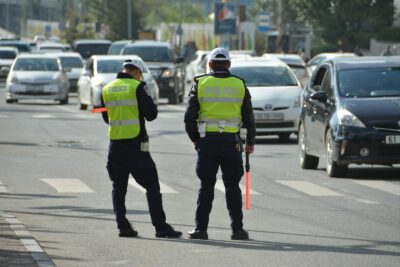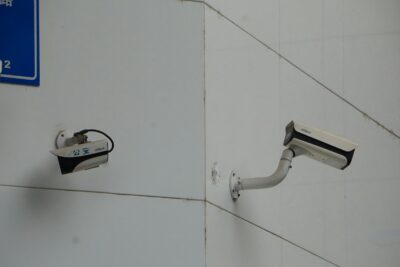The Importance of UTM Regulatory Frameworks in Modern UAV Operations
Introduction to UTM Regulatory Frameworks
UTM regulatory frameworks are crucial in defining the rules and standards for UAV (Unmanned Aerial Vehicle) operations. In Saudi Arabia and the UAE, the implementation of these frameworks is instrumental in ensuring safe, efficient, and compliant drone activities. These frameworks encompass a wide array of requirements including licensing, registration, and pilot certification. As the adoption of UAVs grows across various sectors, from logistics to surveillance, the need for robust regulatory structures becomes more apparent. The UTM regulatory frameworks in Riyadh and Dubai are especially noteworthy, as these cities strive to position themselves as leaders in modern technology and innovation.
Licensing Requirements for UAV Operators
Licensing is a fundamental aspect of UTM regulatory frameworks, establishing the qualifications necessary for UAV operators. In regions like Saudi Arabia and the UAE, obtaining a UAV operator license involves rigorous training and adherence to specific guidelines. This process ensures that operators are well-versed in the technical and safety aspects of drone operation. Moreover, these regulations are designed to promote accountability and professionalism within the industry. In Riyadh, for instance, the government has introduced comprehensive training programs aimed at equipping pilots with the necessary skills to navigate the complexities of UAV operations. This not only enhances safety but also fosters innovation by encouraging the development of advanced UAV technologies.
Registration Protocols for UAVs
Registration of UAVs is another critical component of UTM regulatory frameworks. In Dubai, all UAVs must be registered with the relevant authorities to ensure traceability and accountability. This process typically involves providing detailed information about the drone, including its make, model, and intended use. The registration protocols are designed to create a comprehensive database that can be used for monitoring and managing UAV activities within the region. Such measures are essential in preventing unauthorized drone operations and enhancing overall security. Furthermore, the registration system in Dubai is integrated with advanced technologies like blockchain, which adds an extra layer of transparency and security to the process.
Pilot Certification Requirements
Pilot certification is a mandatory requirement under UTM regulatory frameworks, aimed at ensuring that UAV operators possess the necessary skills and knowledge. In Saudi Arabia, pilot certification involves passing a series of exams that test both theoretical and practical competencies. These certifications are periodically renewed to ensure that operators remain updated on the latest advancements and regulations in UAV technology. The rigorous nature of these certification processes underscores the commitment of the Saudi government to maintaining high standards of safety and efficiency in UAV operations.
Technological Integration in UTM Frameworks
The integration of modern technologies such as Artificial Intelligence (AI), blockchain, and the metaverse into UTM regulatory frameworks is revolutionizing UAV operations. In the UAE, AI is being utilized to enhance the precision and efficiency of drone navigation and management systems. Blockchain technology, on the other hand, provides a secure and transparent method for tracking and verifying UAV activities. These technological advancements not only streamline regulatory processes but also open up new avenues for innovation. In Dubai, the concept of the metaverse is being explored to create virtual environments where UAV operations can be simulated and tested, further ensuring their safety and effectiveness.
Impact on Business and Leadership
The implementation of UTM regulatory frameworks has significant implications for business success and leadership. By establishing clear rules and standards, these frameworks provide a stable and predictable environment for businesses to operate. This is particularly important in regions like Riyadh and Dubai, where the adoption of UAV technology is being driven by ambitious visions for economic diversification and technological advancement. Business leaders and entrepreneurs must stay abreast of these regulations to effectively navigate the evolving landscape of UAV operations. Additionally, the focus on pilot certification and training highlights the importance of continuous learning and skill development, which are essential qualities for effective leadership and management in the modern business environment.
Conclusion
In conclusion, UTM regulatory frameworks play a pivotal role in shaping the future of UAV operations in Saudi Arabia and the UAE. By setting comprehensive standards for licensing, registration, and pilot certification, these frameworks ensure that drone activities are conducted safely and efficiently. The integration of advanced technologies further enhances the effectiveness of these regulations, fostering an environment of innovation and progress. For business leaders and entrepreneurs, understanding and complying with these frameworks is essential for leveraging the full potential of UAV technology. As Riyadh and Dubai continue to lead the way in technological advancements, the development and implementation of robust UTM regulatory frameworks will be key to achieving long-term success and sustainability in the UAV industry.
Understanding UTM regulatory frameworks and their impact on UAV operations is essential for modern business leaders. By staying informed and compliant, businesses can harness the full potential of drone technology to drive innovation and success in an increasingly competitive landscape.
#UTMRegulatoryFrameworks #UAVOperations #LicensingAndRegistration #PilotCertification #ModernTechnology #BusinessSuccess #LeadershipAndManagement #Riyadh #Dubai #SaudiArabia #UAE

